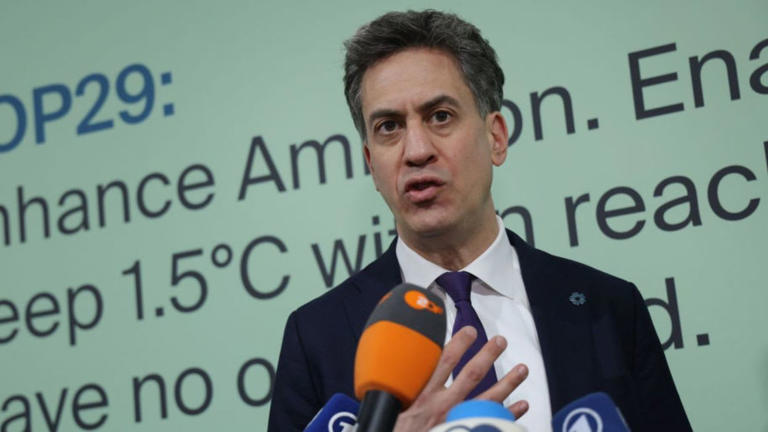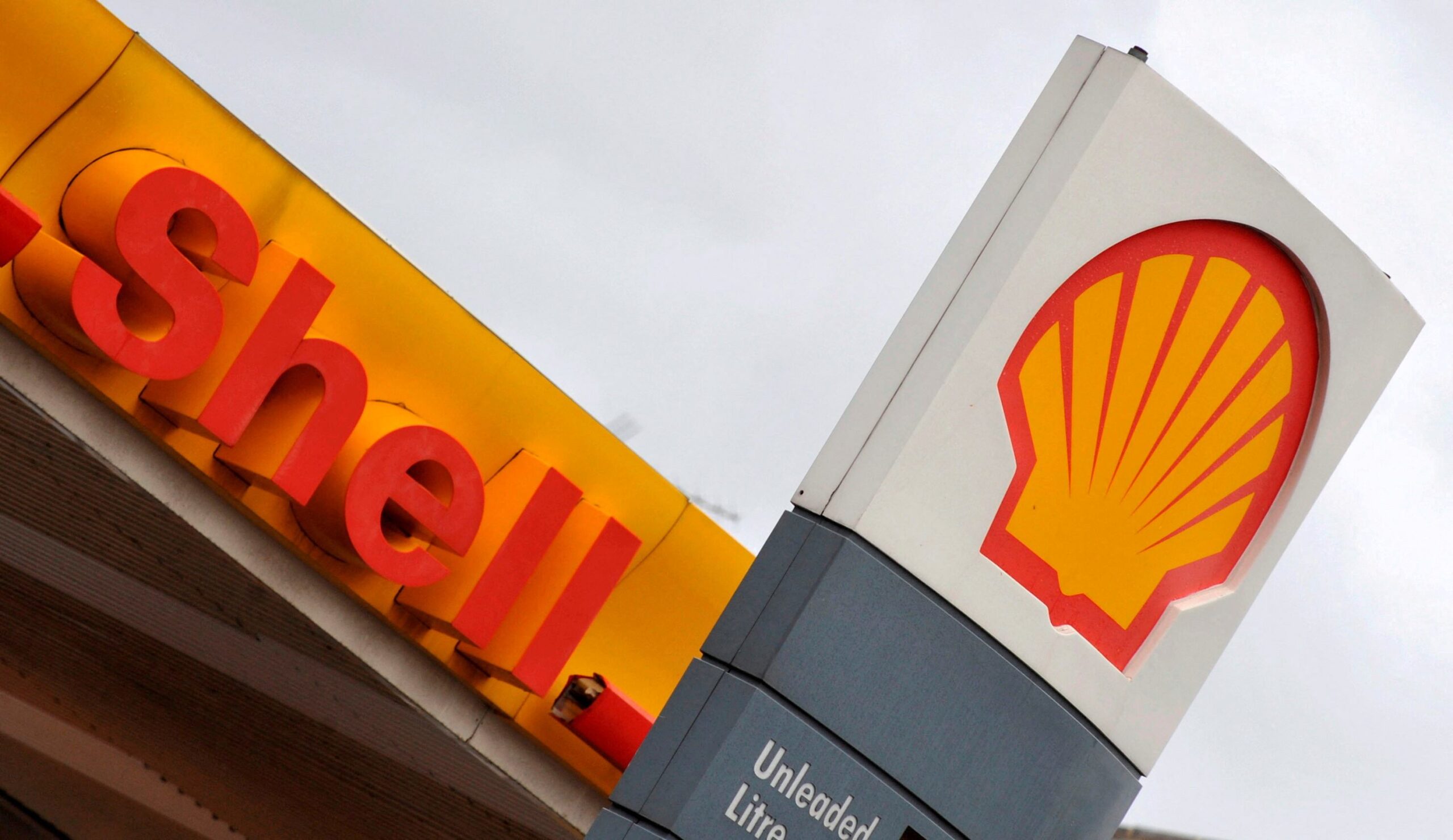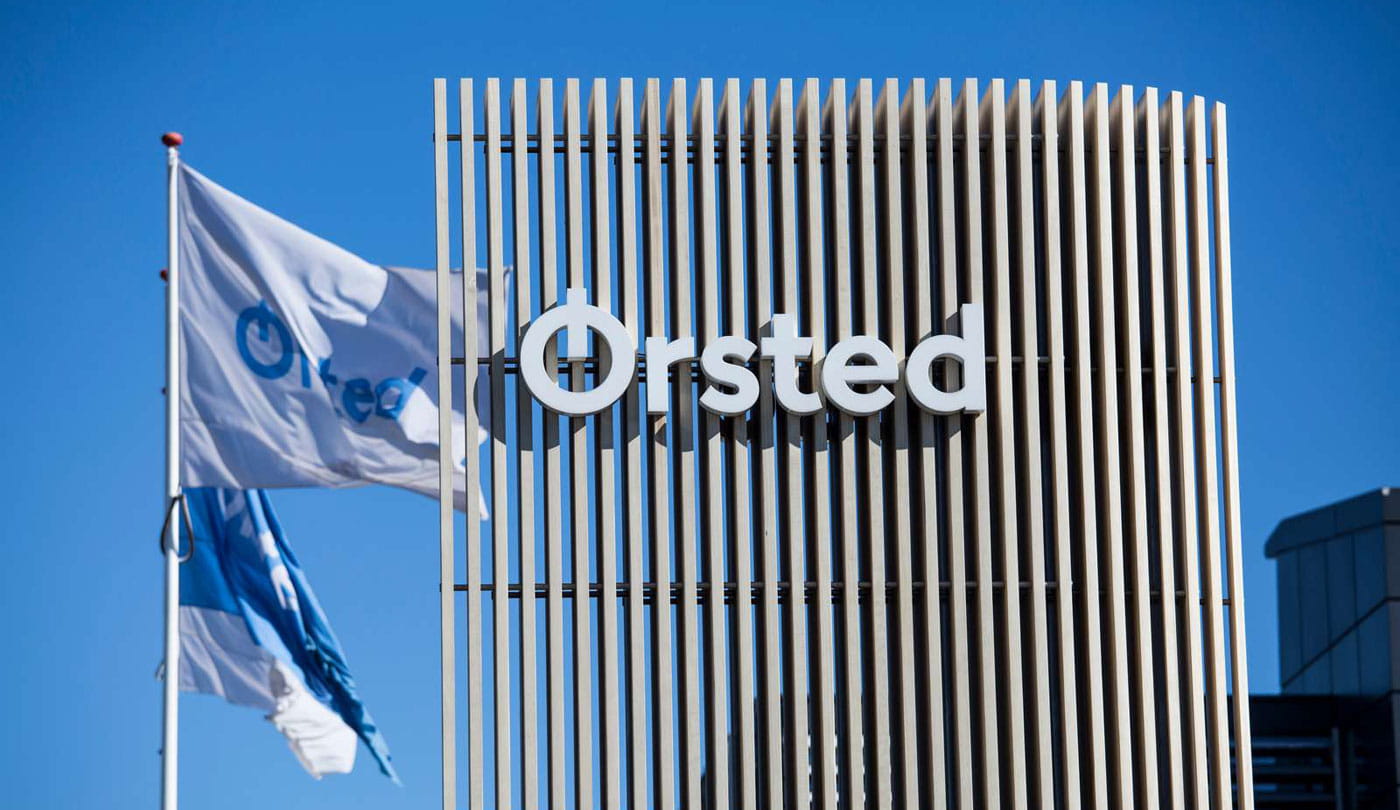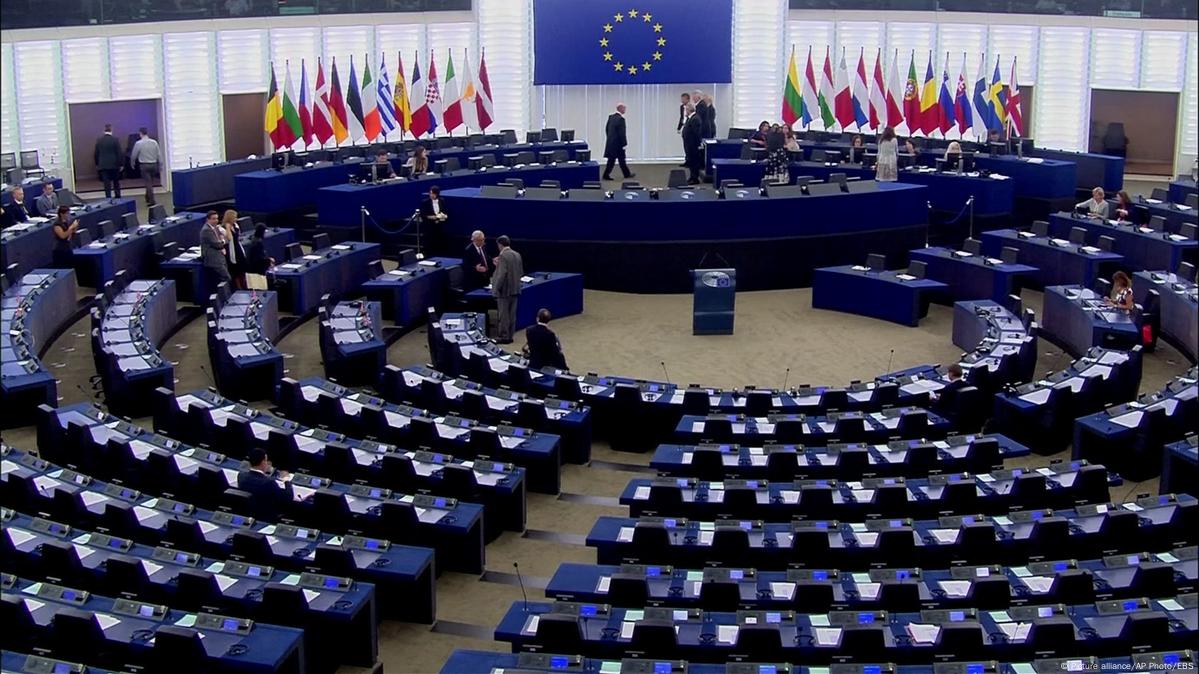£37 Billion Price Tag for UK’s Net Zero Transition by 2029

|
Listen to this story:
|
- £37 billion earmarked for Net Zero projects: Public funds allocated over the current Parliament include subsidies for solar panels, clean energy investments, and international climate funding.
- Taxpayer and household impact: Rising costs include new subsidies, grants, and taxes, such as a 15% hike in Air Passenger Duty and £4 billion in Drax power plant subsidies.
- Uncertainty in outcomes: Experts warn of premium costs for technology and no guarantee of lower energy bills.
Ed Miliband’s ambitious drive to make Britain Net Zero by 2029 comes with a hefty £37.4 billion price tag, according to an audit by The Mail on Sunday. The allocation aims to transform the UK’s energy systems, reduce emissions, and meet international climate commitments—but not without significant implications for taxpayers and households.
“Labour’s Net Zero zealotry will mean taxpayers having to fork out billions of pounds in pursuit of Ed Miliband’s vanity projects, and leaving families facing higher costs,” said Tory energy spokesman Claire Coutinho.

Major Investments:
- Great British Energy: Establishing a publicly owned energy firm costs £8.3 billion, with £630 million allocated to integrate the National Grid’s Electricity System Operator.
- Climate Funding: The government is honoring a £11.6 billion international climate commitment by 2026, though 55% of this funding—approximately £6 billion—remains unspent.
- Warm Homes Plan: Grants and loans will subsidize solar panel installation and heat pump replacement, with £3.4 billion dedicated to decarbonizing 350,000 homes over three years.
Related Article: Wells Fargo Commits $500 Billion to Sustainable Financing by 2030 for Net Zero Transition
Key Projects Include:
- £2 billion for hydrogen projects and renewable energy auctions.
- £7.3 billion for the National Wealth Fund, supporting clean energy industries.
- £239 million to combat global deforestation.
Rising Costs for Households:
Air Passenger Duty has increased by 15%, while Labour’s £4 billion subsidies to the Drax power plant to burn imported wood pellets have raised questions about long-term affordability. Millions of homeowners will also bear the costs of transitioning to solar energy and electric heating systems.
The UK Energy Research Centre expressed concerns about securing £40 billion annually in private investments to decarbonize the grid, warning it could drive up technology costs without guaranteed savings for consumers.
“Because of uncertainty over gas prices, there is no guarantee [Net Zero measures] will lead to lower energy bills,” cautioned the Centre.
These measures represent a bold and transformative step toward sustainability, showcasing the UK’s commitment to a greener future, even as the transition brings complex challenges and significant investments.
Follow ESG News on LinkedIn









